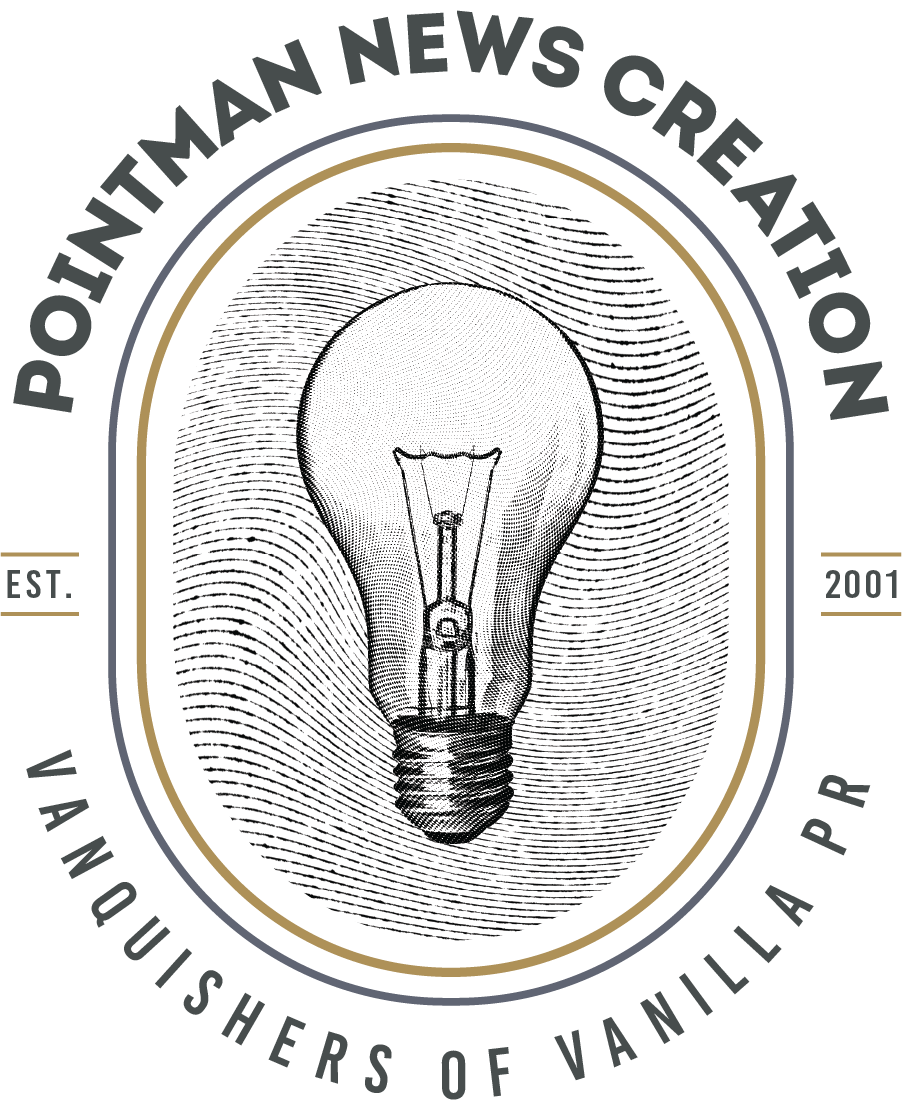Egregious Easter Biohazard:‘Phantom FOG Blobbers’Cost Taxpayers Money
FluksAqua Wages Campaign Against ‘Flushing Fat’ after Easter Dinner
Toronto, ON, April 11, 2017 - As Canadian families come together to celebrate Easter weekend with massive traditional meals, there’s an inevitable crisis looming. Kitchen drains and toilets across the nation will soon become filled with fat, oil and grease (FOG) from turkey, ham, bacon and all the trimmings.
While flushing grease down toilets and sinks seems to be the easiest way to dispose of the liquid waste, Canadians need to consider what happens as the waste builds up in the sewer system especially over a major holiday weekend like Easter.
“Individuals may think it is not a big deal but multiple households pouring grease down the drain can clog the water infrastructure costing a water utility thousands of dollars which gets paid out of your tax dollars,” said Dr. Hubert Colas, President Americas, FluksAqua. “For all of the hard working water operators across Canada and responsible Canadians, we’re calling on these ‘Phantom FOG Blobbers’ to do the right thing and dispose of their fat oil and grease properly through their local garbage and recycling systems."
What is the real cost of FOG in Canadian Water Systems?
The City of London, Ontario services 381,000 water system customers and were paying an average of $600,000 a year to flush out and prevent blockages in the system caused by “fatbergs”. Fatbergs are caused by FOG, baby wipes and other materials that come together and create giant solid masses of waste that block pipes and restrict the flow of water.
What can we do about it?
Ideally, Canadians would stop flushing FOG down drains altogether.
The city of London, Ontario has taken a bold step in providing residents with environmentally friendly containers to collect fat oil and grease from cooking. The containers are then disposed of through the garbage system where they break down in landfills or are taken to one of four environmental depots. The collected waste is taken to an anaerobic digester which is used to convert the waste into methane that can be used to produce power.
“People want to do the right thing, but we also need to make it convenient for them,” said Barry Orr, Sewer Outreach and Control Inspector for the City of London, Ontario. “There’s no excuse to use your kitchen sink as a garbage can, with or without a collection cup. Canadians can easily keep FOG out of the water system.”
As a result of London’s ‘Your Turn’ FOG collection cup campaign, the city of London has been FOG Blob blockage free for 3 years. Since the program began in 2013, 75,000 cups have been handed out. From a financial standpoint, Orr says that the city has saved over $100,000 a year on the drain diversion program.
Orr adds that some Canadian cities are in the process of offering collection cups such as Windsor, Sudbury and Sarnia and others are interested.
“London should be commended on their FOG collection and the positive impact it has on their water system,” says Colas. “Reducing FOG waste in the water infrastructure means less pressure on the system and can lower operating costs.”
